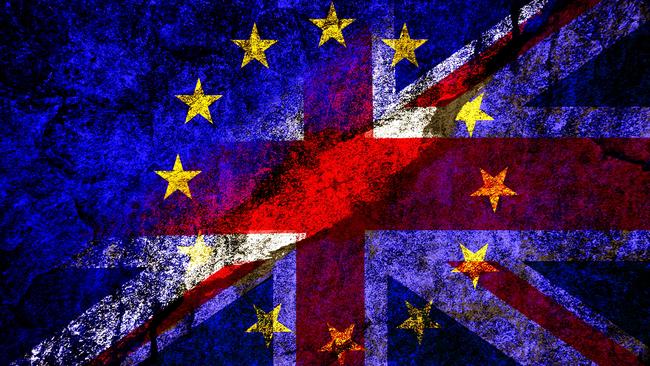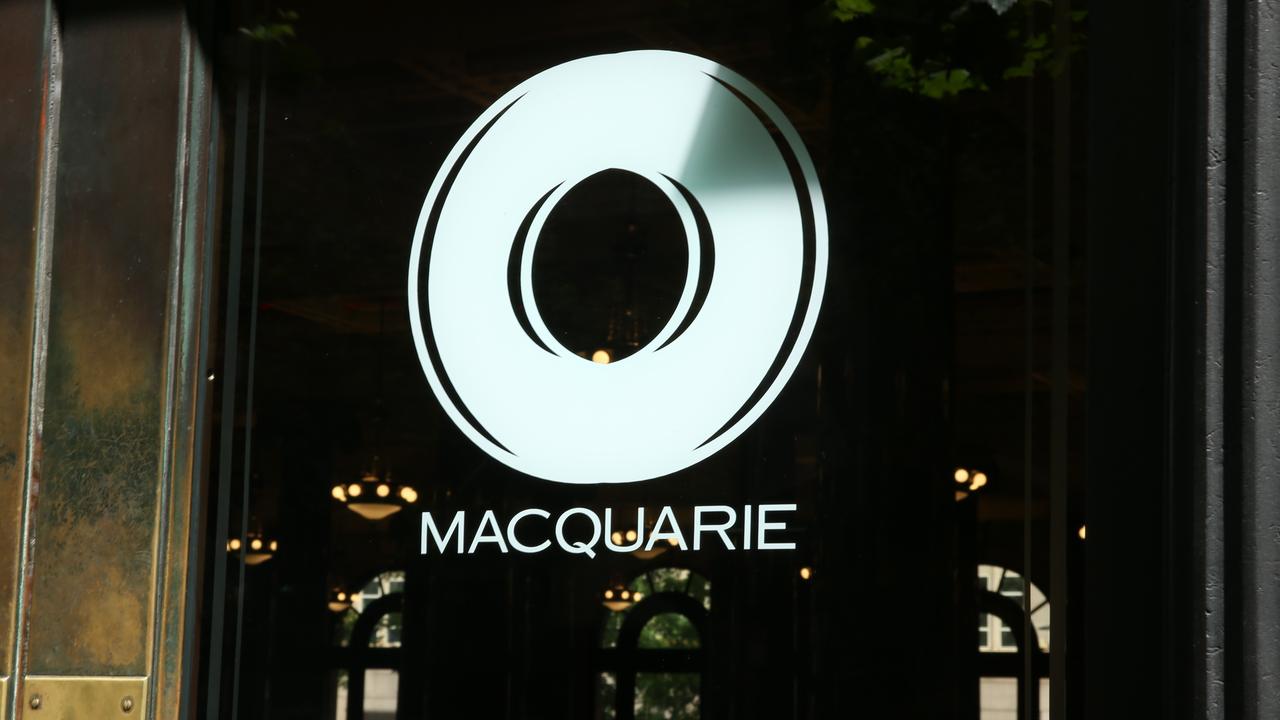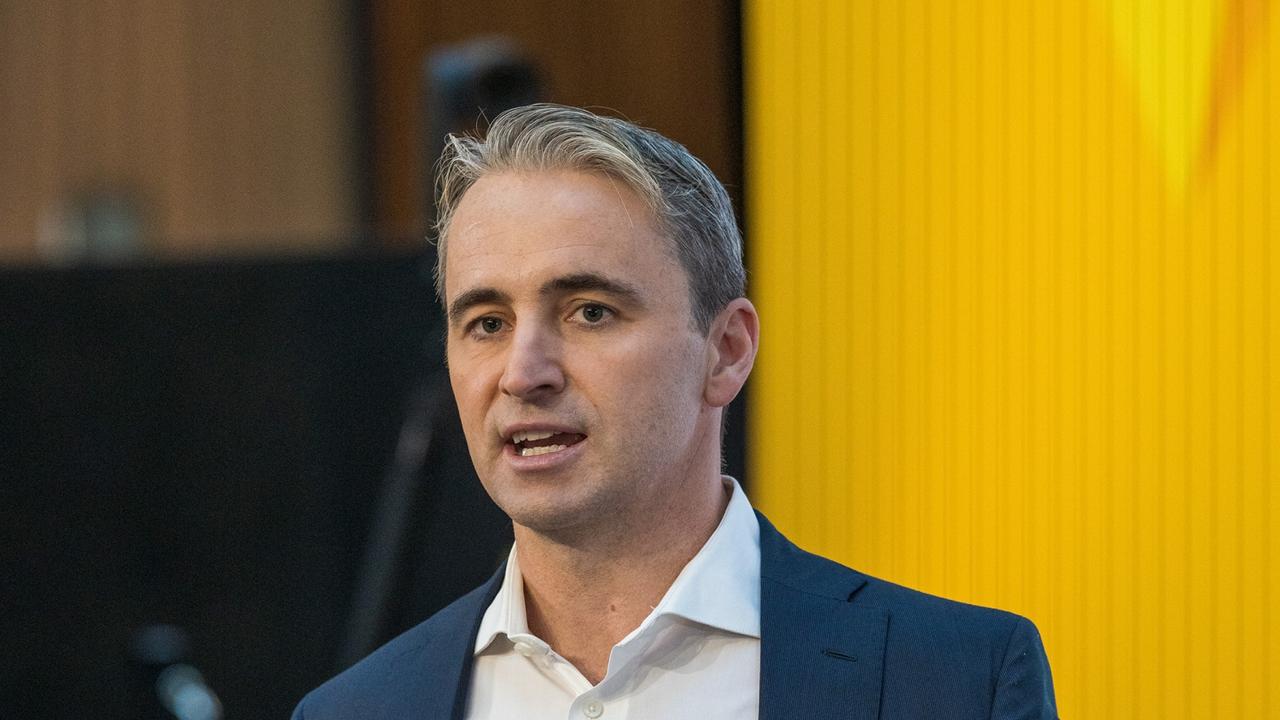Banks prepare for British blast
Local and global banks are stocking up on cash and putting on extra staff to ready for all possible UK outcomes.

Banks and their customers were cashing up to avoid event risk, warning of a bumpy ride in markets and boosting staffing as voting on whether Britain should quit the European Union got under way.
Conflicting polls, betting and financial markets in recent weeks have left most uncertain about the outcome and seeking the security of cash — or dry powder — until a result becomes clear. Markets in Australia and New Zealand will be among the first able to respond to the Brexit vote, with voting closing at 7am Australian Eastern Standard Time and the first results expected by 9:30am.
But because of the uncertainty about the result — even as opinion polls and financial markets took a late turn towards the “Remain” camp that is favoured in betting markets — financial markets are having to prepare for all outcomes.
European markets opened strongly on Thursday evening, up more than 1 per cent in early trade on hopes the remain vote will prevail. London’s FTSE 100 index opened 1.1 per cent higher while Germany’s DAX was up 1.5 per cent. The pound was also trading stronger against the euro and US dollar.
Australia’s S&P/ASX200 Index on Thursday held steady, closing up just 0.2 per cent at 5280.7 points.
Commonwealth Bank head of international currency strategy Richard Grace said the lender had been maintaining contact with its liquidity providers ahead of an expected freezing up of markets.
“The squeeze is going to come in the Asian time zone, which is much less liquid and, historically, is much less liquid in the Sterling exchange rate,” Mr Grace said.
Only around 10 per cent of the average daily volume in Sterling is in the Asia time zone.
“Dried up liquidity is really going to be a global issue, and it’s particularly been the case since regulation in this area was tightened,” Mr Grace said.
Markets operator ASX sent a note to users on Thursday warning that it may require them to lodge additional margin with the exchange to protect against an outbreak of volatility.
Deutsche Bank said its New York and London trading desks would stay open to serve clients after normal market closes and the Australian and New Zealand chief executive Michael Ormaechea will be hooking up with Europe early on Friday to relay local market reaction.
“Nobody has a precedent, nobody has a reference point,’’ Mr Ormaechea told The Australian.
But he said the reaction to a “leave” result was likely to be extreme as markets were positioned for the opposite outcome.
City of London banks including UBS, HSBC, Morgan Stanley and Bank of America Merrill Lynch have written to clients telling them to prepare for disruption on Friday once the EU referendum result is declared. The Bank of England was on high alert to intervene if markets freeze.
The banks said that they could not guarantee to “make a market” by acting as intermediaries between buyers and sellers. If so, the central bank might have to step in to buy assets as a “market maker of last resort”, as it did in 2009.
Bankers fear that a Leave vote could lead to the most volatile markets in decades, especially in currency markets but also in bonds, derivatives and equities. UBS analysts warned that £350 billion could be wiped off the value of leading companies as the FTSE 100 goes into freefall.
“In the event that extreme market moves occur, giving rise to limited liquidity in certain currencies, we may not be able to fill limit orders or take profit orders at the levels, or using the methodologies, expected in normally-functioning markets,’’ UBS said in a note its clients.
In Australia new bond issuance has stalled in the lead up to the vote, but the dollar has strengthened. The stockmarket is below its May high of 5408 but rose nearly 10 points yesterday head of polling booths opening in London.
The Reserve Bank of Australia’s head of financial stability Luci Ellis said banks must ensure they are “resilient to volatility in markets”, but she expected there would be little domestic impact from the vote.
Ms Ellis said that in February last year when the Swiss Franc was unexpectedly floated there was large volatility across financial markets, but it had “no difference to the domestic financial system”.
“And that was one that came as a surprise — We kind of know that the British are voting tonight,” she told a conference in Sydney.
When the Swiss National Bank unexpectedly abandoned its currency peg with the euro the Swiss franc appreciated by 28 per cent in just 20 minutes and banks found themselves unable to cope. As systems broke down, some banks ended up holding large levels of inventory that exposed them to dangerous amounts of risk and briefly shut down as market makers.
Andrew Bailey, chief executive of the UK Prudential Regulation Authority, said that while markets soon re-established themselves, “the risk that this would not be the outcome is too great to ignore”.
The Bank of England has emphasised that it is ready to ensure markets function after a Brexit vote. In early 2009, it bought £4bn of commercial paper and corporate bonds to keep markets functioning.
Mr Ormaechea said the vote would be a test for financial markets in the wake of the Volcker reforms in the US that have forced many banks to abandon proprietary trading, limiting their ability to use balance sheets to warehouse or recycle risk.
“It is a fraction of what it used to be, so when you have this event risk these pockets of liquidity are much further away and you are going to have much greater dislocation,’’ he said.
Investors have been heading for defensive stocks and attempting to buy downside protection for other assets in case Britons vote to leave the EU. But Mr Ormaechea said he expected asset prices in the UK to fall, providing a buying opportunity for those with cash to spare.
ANZ’s research team said the bank was preparing for dramatic moves like that of 2015 if the “Leave” campaign succeeded and volatility would not be limited to currencies. “Even a “stay” vote will cause some volatility (particularly in the Pound) as hedges are unwound.”
The chief executive of the $2bn financial market software company IRESS, Andrew Walsh, told The Australian his company was on “high alert” with extra staff called on across the globe.
Mr Walsh said people were on standby “in case there is an issue due to volume from volatility, which could be impacted by downstream blocks”.
“Highly emotional here in the UK on the whole thing,” Mr Walsh said. “People are only just coming to terms with what an exit would mean.”
Additional Reporting: Michael Bennet
The Times





To join the conversation, please log in. Don't have an account? Register
Join the conversation, you are commenting as Logout